The Call of Cthulhu Movie, 2005
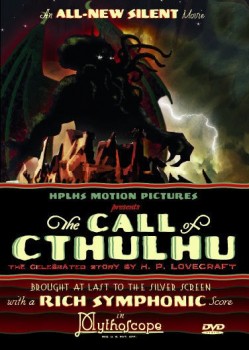 Directed by Andrew Leman; starring Matt Foyer, Chad Fifer, Noah Wagner, Ramon Allen Jr., and Ralph Lucas.
Directed by Andrew Leman; starring Matt Foyer, Chad Fifer, Noah Wagner, Ramon Allen Jr., and Ralph Lucas.
I cannot say I’ve ever been impressed with any film I’ve seen purporting to be based on a story by H.P. Lovecraft, as they have all tended to stray pretty far from what makes Lovecraft’s stories interesting in the first place. And they generally show the limits of their budget as well as being both poorly shot and acted. But then I heard about this little gem, distributed by the H.P. Lovecraft Historical Society, that adapts Lovecraft’s foundational short ‘The Call of Cthulhu’ in as loyal and accurate a way as possible. Not only that — and here’s the really interesting bit — the movie itself is a black and white silent film, as if it had been filmed at the time of the story’s publication in the 1920s.
The choice to make this a silent film was a smart one. Firstly, it does help evoke the period of Lovecraft in a way no film before it ever has (all of the ones I’ve ever seen where contemporary pieces, for a start), and also makes it feel like a world apart from our own. In leaving some things unseen and unsaid, and in creating an at times stylized environment, this film activates the viewer’s imagination to fill in the blanks — and speeches or effects which would seem silly or dreadful when laid bare in a modern film are instead left in the shadows. In surmounting the very limited budget for this project, the choice could not have been better.
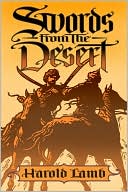 Eric Knight scooped me by breaking the news below, but I thought this was worth making a little noise about.
Eric Knight scooped me by breaking the news below, but I thought this was worth making a little noise about. Rome
Rome Blood of Ambrose
Blood of Ambrose Blackhearts Ominbus
Blackhearts Ominbus Eisenhorn Omnibus
Eisenhorn Omnibus Witch Hunter Omnibus
Witch Hunter Omnibus Mongoose Games has a license for
Mongoose Games has a license for  Cortex System Role Playing Game
Cortex System Role Playing Game Goodman Games has a new magazine,
Goodman Games has a new magazine, 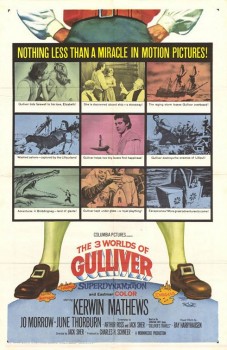 The 3 Worlds of Gulliver (1960)
The 3 Worlds of Gulliver (1960)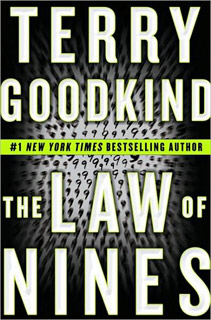 Regarding two earlier posts:
Regarding two earlier posts:
 A while back I
A while back I 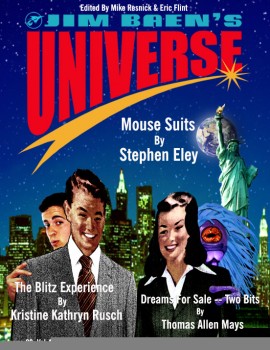 So, here’s the bad news/goods news. First the bad news. A little while ago,
So, here’s the bad news/goods news. First the bad news. A little while ago, 